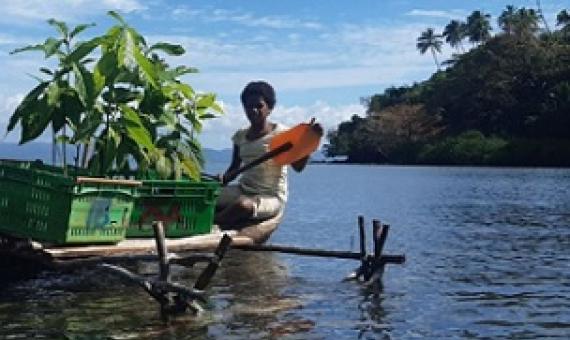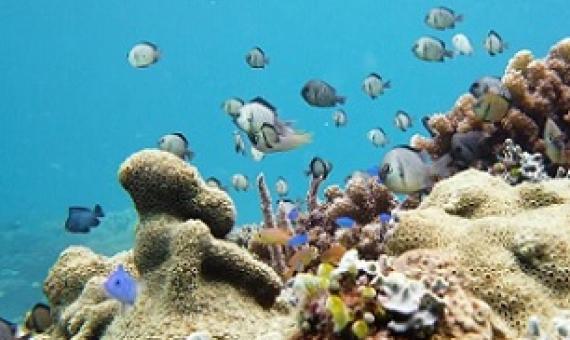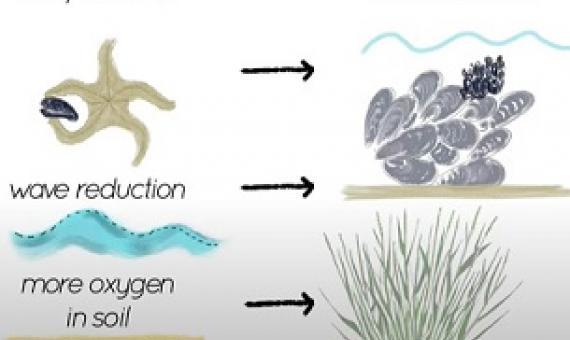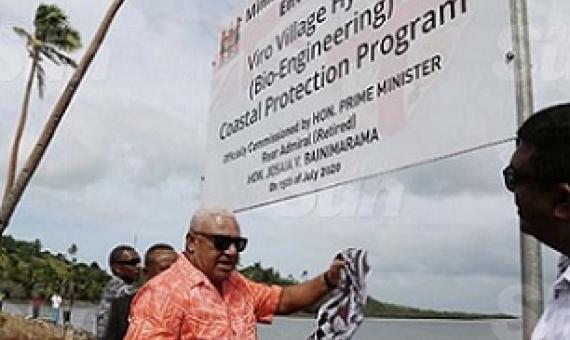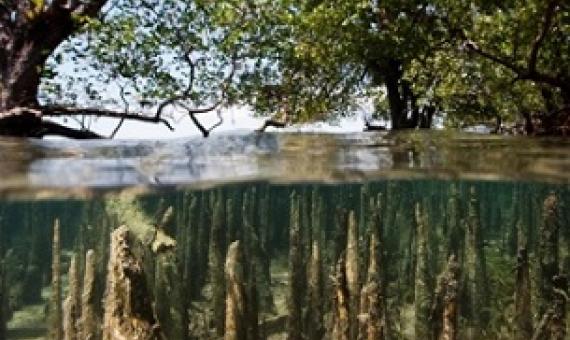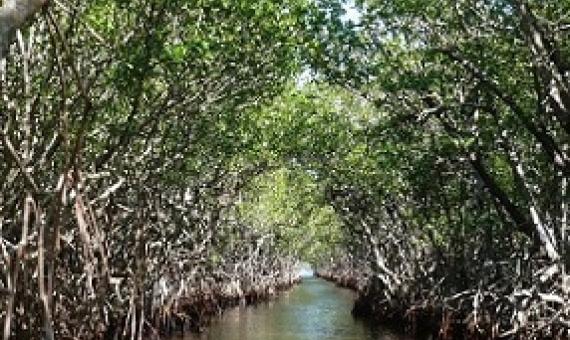At this summer’s Oxford University Nature-Based Solutions (NbS) Digital Dialogues , a conversation between top scientists in the field took a deeper dive into the opportunities and hazards of NbS to address climate change.
As countries around the world recalibrate their responses to the COVID-19 pandemic, the Fijian Government is stepping up its strategies for a nature-based recovery.
As global awareness of the importance of marine ecosystems grows, efforts are under way to protect, restore and nurture the reefs and mangroves that protect coastlines.
Nature-based solutions for adapting to water-related climate risks
Countries are facing a pressing, complex and interlinked set of environmental crises. While significant government resources and capacities need to focus on managing the social and economic consequences brought on by efforts to manage the COVID-19 pandemic crisis, the global environmental challenges of climate change and biodiversity loss remain urgent. Recent major international reports (e.g.
Out of the Blue - The Value of Seagrasses to the Environment and to People
Seagrasses are one of the most valuable coastal and marine ecosystems on the planet, providing a range of critical environmental, economic and social benefits. They provide food and livelihoods to hundreds of millions of people, and they support rich biodiversity, with their sediments constituting one of the planet’s most efficient stores of carbon. However coastal development and population growth, rising pollution and climate change, are threatening the survival of this vital ecosystem.
Coastal ecosystems are very important.They provide a habitat for many plant and animal species, capture CO2, and protect the land from storm waves. Coastal ecosystems are in rapid decline around the world. Restoring them is very expensive and is often unsuccessful.
Completed in a span of four months, the Viro Village Hybrid Seawall is the first of its type implemented by the Ministry of Waterways and Environment outside of Viti Levu.
This year, the 197 Parties to the Paris Agreement are updating their domestic climate commitments, known as Nationally Determined Contributions (NDCs), to reduce global emissions and climate change impacts...Recognition is growing across governments that nature-based solutions, which the Internat
The Protective Value of Nature
The Protective Value of Nature summarizes the latest science on the effectiveness of natural infrastructure in lowering the risks to communities from weather- and climate-related hazards—benefits that we often describe as “natural defenses.” Over the past two decades, the body of research evaluating and quantifying the protective performance of natural infrastructure has increased significantly.
A new report documents how natural ecosystems can safeguard communities from supercharged hurricanes and other natural disasters...published on June 5th by the National Wildlife Federation, that documents the oft-overlooked capacity of natural ecosystems to protect communities from hurricanes and

